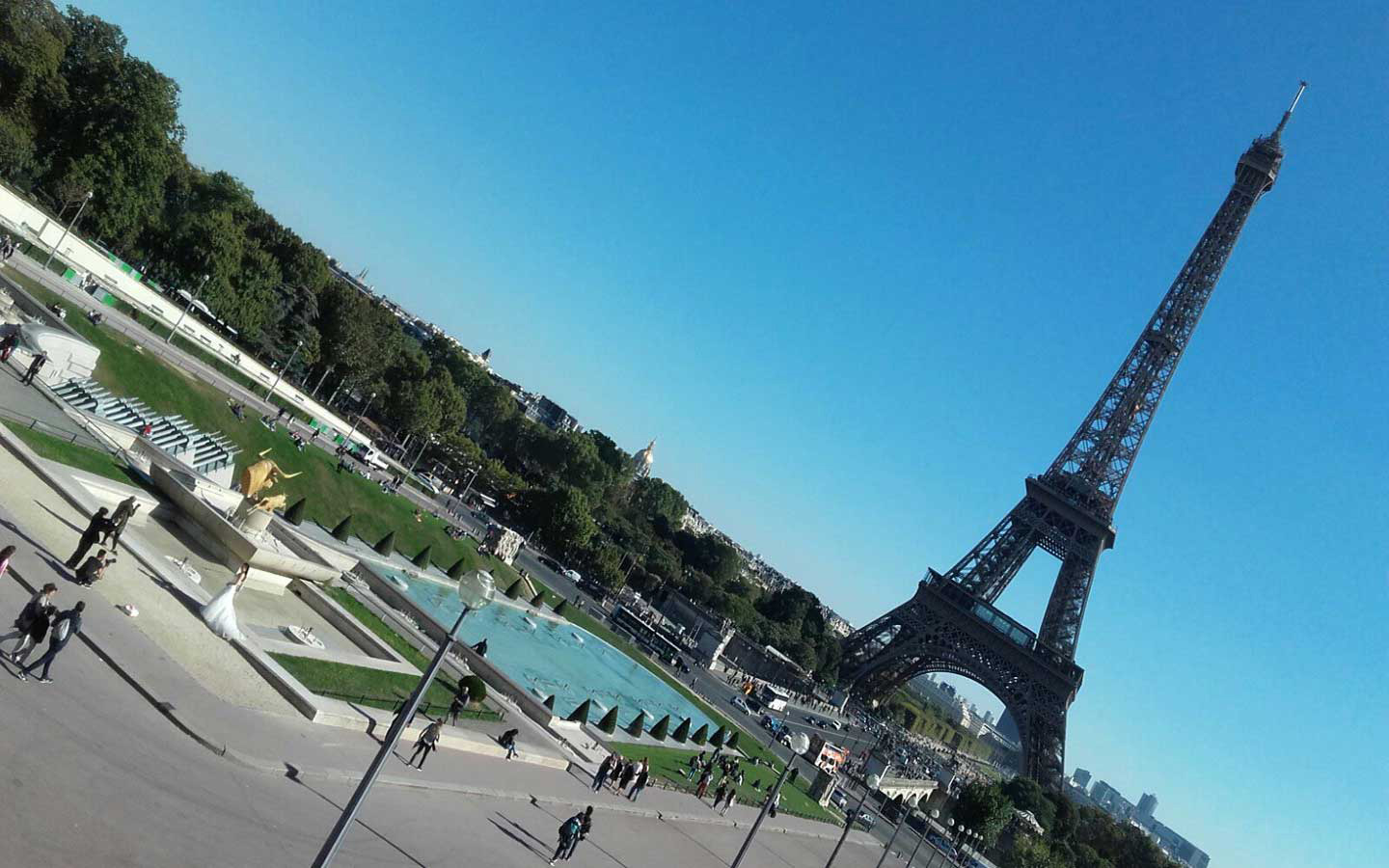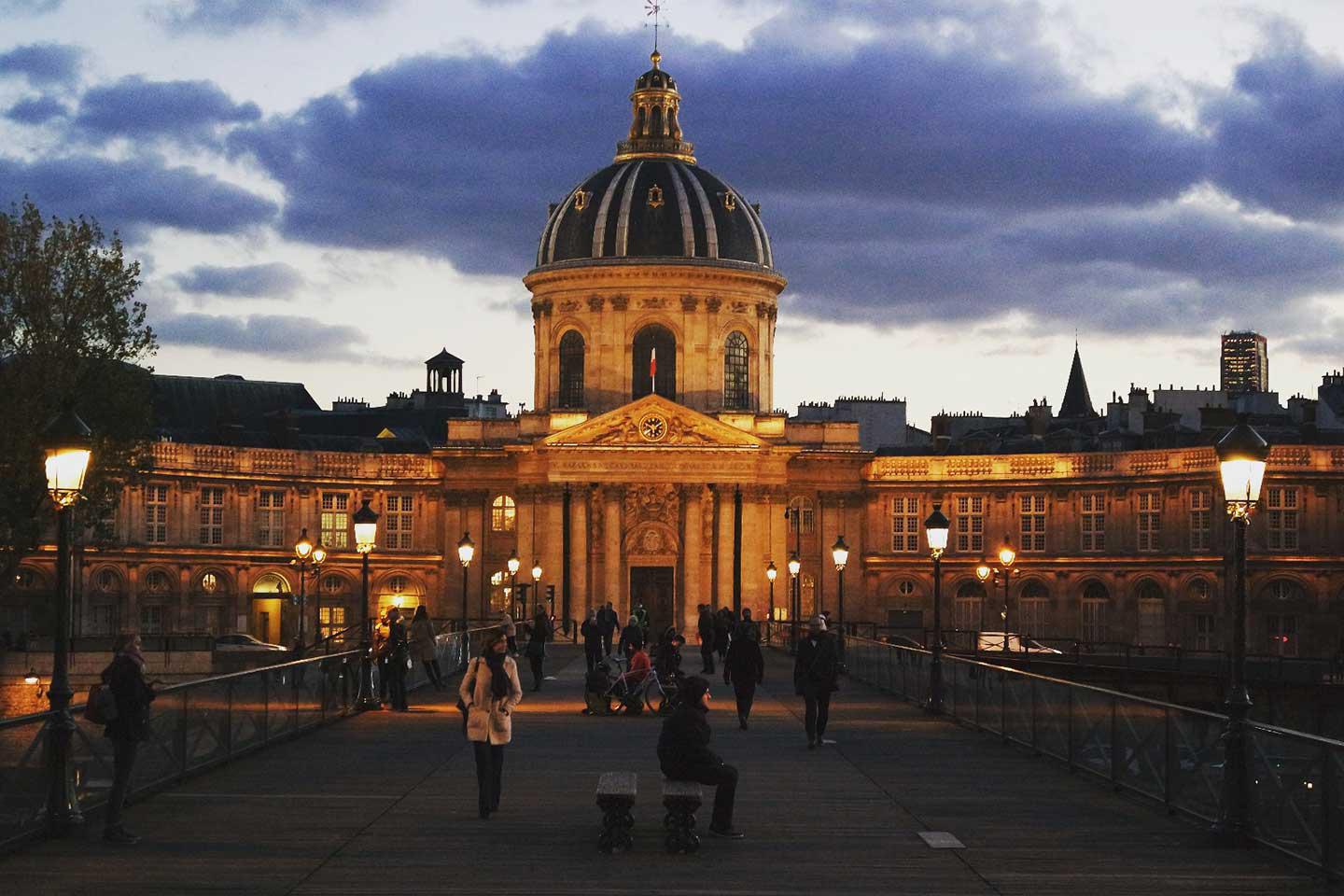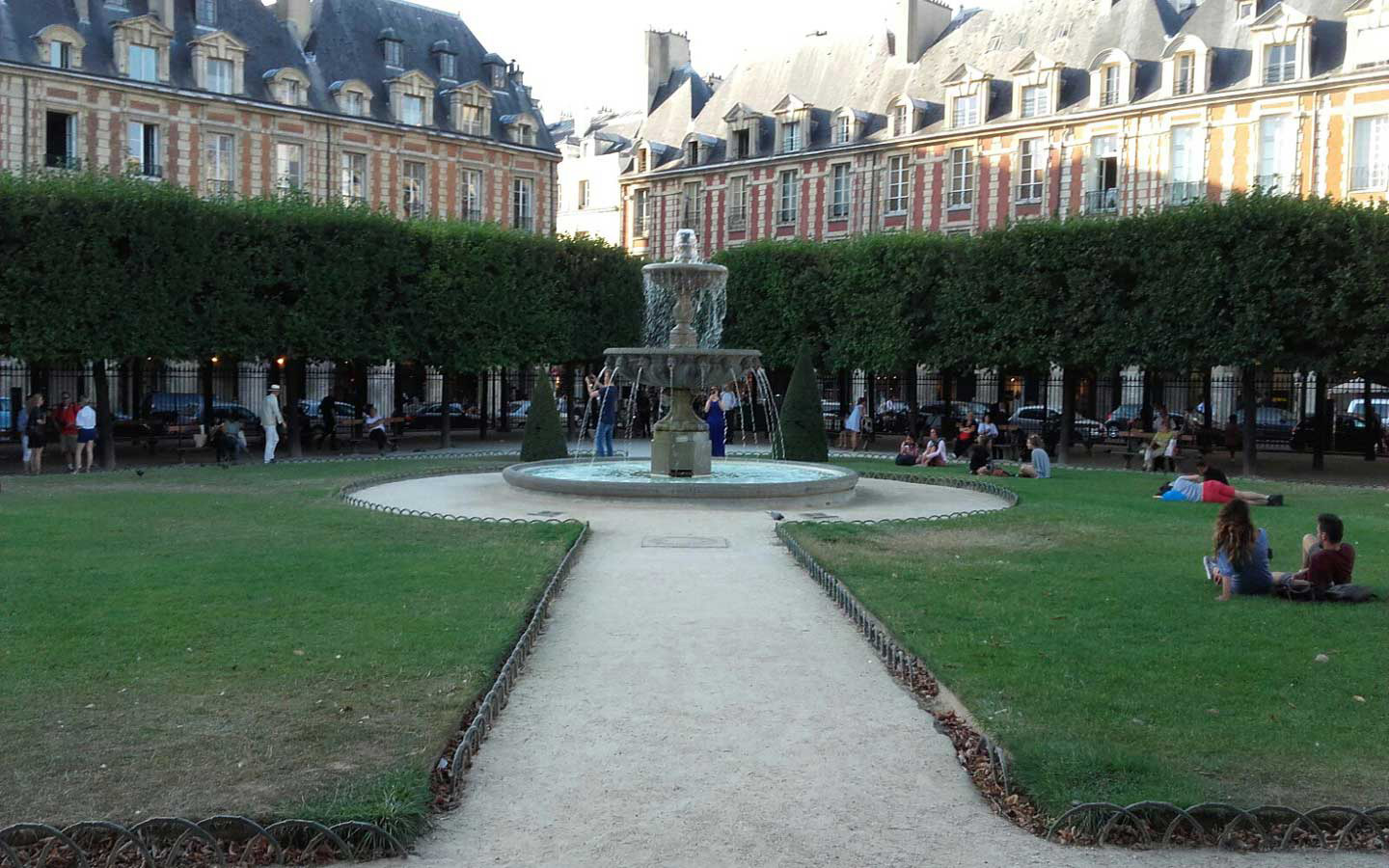Germany and France
Our responsibility for Europe - At university level too
When over 100 people show enough interest to gather in a university lecture theatre to listen, after Eurozone crisis, Brexit, terror attacks and presidential elections in the USA, to French ambassador Philippe Etienne and his optimistic words about Europe, then nowadays that is a positive sign. “We are going through many crises right now, but we must have the will to improve the situation”, said Etienne during his speech in the New Senate Hall of the University of Cologne.
In cooperation with the Institut Français in Cologne, Professor Wessels, Jean Monnet Chair at the Faculty of Management, Economics and Social Sciences, invited his Excellency Monsieur Philippe Etienne from Berlin to the University of Cologne. After the French delegation, comprising the Ambassador of the French Republic, the Consul and two cultural attachés, had been welcomed by Professor Axel Freimuth, Rector, and Professor Gudrun Gersmann, Vice-Rector for International Affairs, the Ambassador gave a lecture on “Joint Responsibility for Europe” before an audience of students and professors. More so today than in the past decades of German-French friendship, positive examples of cooperation are greatly needed.
An article by Moritz Rau, Johannes Müller Gomez and Svenja Rausch
Sciences Po Paris: Talent hotbed and outstanding cooperation partner
As a university, that means above all research partnerships geared to the future such as, for example, the excellent partnership with one of the hexagon’s most renowned higher education institutions: Sciences Po Paris.
At present, EUCOPAS, the Jean Monnet Centre of Excellence which evolved out of the THESEUS project conducted together with the Fritz Thyssen Stiftung, is one of the most important pillars in the activities jointly undertaken by Sciences Po Paris and the University of Cologne. Apart from organizing joint conferences, for example on the topic of “The European Union between Integration and Disintegration – Reflections on the last decade and beyond”, which took place in Cologne this year, the objective of EUCOPAS is to allow doctoral candidates and Masters students to experience new horizons through lectures, summer schools and workshops and help them to develop creative ideas for research projects.
Joint workshops bring further advancement
Former participants speak very positively of the workshops and found them highly inspiring. The last one took place in Paris in January on the topic of “Recovering from the Crisis? The Uncertain State of the EU”. Alexandra Maria Bocsé from the University of Cambridge sums up her experience: “The workshop was a good opportunity to get some constructive feedback from the other doctoral candidates and senior researchers.” David Schäfer, doctoral candidate at the London School of Economics and graduate of the University of Cologne, describes his impressions in a similar way and explains: “I was really pleased with the feedback I got from the workshop participants and with the informal discussions over the two days.” The next workshop with the title “Being a member of the EU: pros & cons” will take place in Paris on 19 and 20 January 2017.
Making the EU more tangible: Summer schools
In addition, EUCOPAS summer schools take place each year in Brussels– the last one was in June 2016. Within a week-long programme, visits to various EU institutions took place, during which students from Cologne, Paris, Prague and Istanbul had the chance to discuss the challenges currently facing the EU with experts and practitioners. At the end there was a game where negotiations at an EU-Turkey summit were simulated. The next summer school will take place in June 2017. Further information will be available in the spring.
Value added through co-tutelle dissertations
Another of the fruits of the long and close partnership between the University of Cologne and Sciences Po Paris has been joint doctoral degree projects, what are referred to as co-tutelle dissertations, and the exchange of doctoral candidates, which could be further expanded in future. Anja Thomas, former research associate at the University of Cologne, who is now working at Sciences Po Paris and about to complete her doctorate, says: “Anyone aiming for a co-tutelle degree must be aware that it is very challenging in terms of administration and language. However, the additional effort is worthwhile because of the intercultural enrichment which an exchange between two ‘worlds of science’ and with two supervisors offers.”
Exchange of visiting scholars: Uniting culture and research
Dr. Oliver Höing from the University of Cologne conducted his research work at Sciences Po Paris as a visiting scholar from 2013 to 2014: “I was there as a 'scholar in residence' for a total of seven months. Working conditions were very pleasant and my colleagues were really nice. Switching location to write my doctoral dissertation was the right decision and made lots of things much simpler. It was also far easier to learn and improve my French by living in France.”


